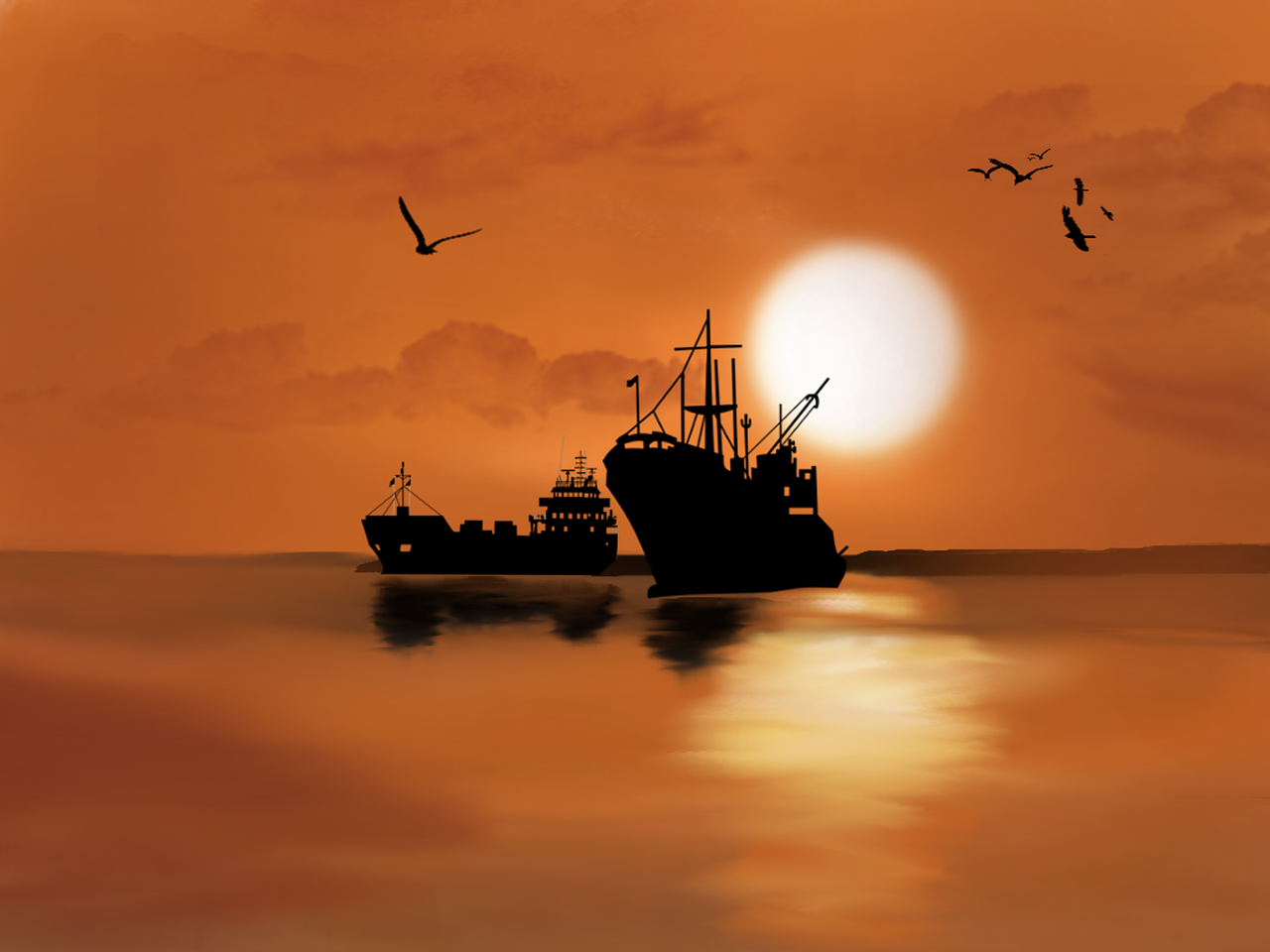
The Black Sea Grain Initiative, a joint effort between the United Nations, Russia, and Turkey, aims to address a global food crisis worsened by Moscow’s invasion of Ukraine – but may itself hang on another deal. To convince Russia to agree to the initiative, a three-year pact was also struck last July to allow for the safe export of ammonia, a key ingredient in nitrate fertiliser, but none has been shipped. Russia used to pump up to 2.5 million tons of ammonia annually to the Ukraine’s Black Sea port of Pivdennyi for global export – but this has been shut down since Moscow’s invasion of Ukraine. Ukrainian authorities have said workers would need about 30 days to prepare the pipeline to pump ammonia again and argue that the language of the deal does not cover the transit of Russian ammonia across Ukraine.
A Ukrainian government source told Reuters that Kyiv would consider restarting the pipeline in exchange for expanding the Black Sea grain deal to include more ports and commodities. Russia has said the transit of ammonia is already implied by the logic of the agreement (ie. that it cannot be used as a bargaining chip).
Until the ammonia pipeline is restarted, Moscow has said it will limit the number of vessels allowed to travel to Pivdennyi port under the Black Sea deal. U.N. data shows no ships have visited Pivdennyi port for more than three weeks. Under the Black Sea Grain Initiative, a joint coordination centre in Istanbul agrees on the ships to be registered and conducts inbound and outbound inspections in Turkish waters. The latest extension to the Black Sea Grain Deal expires on July 17th.






